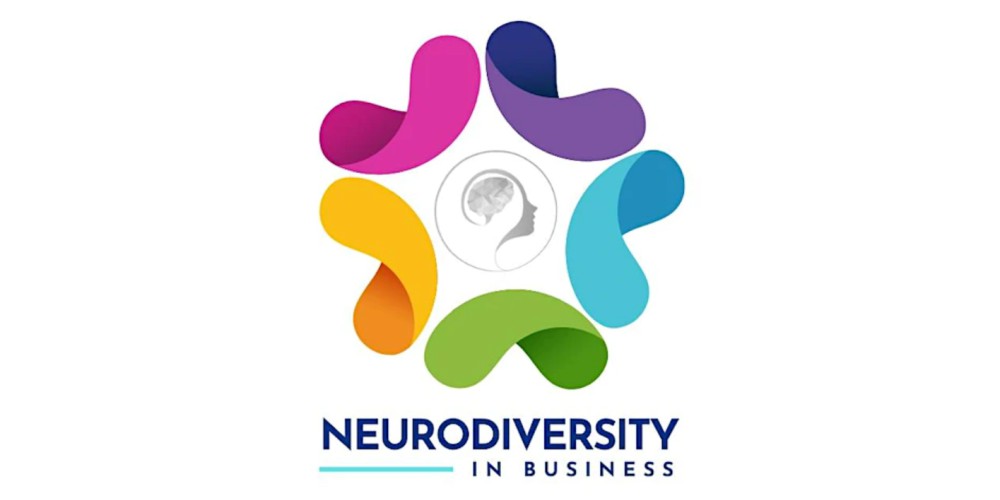Neurodiversity in Business and Birkbeck University recently released a very interesting report on the state of play of neurodiversity in the workplace in the UK. This survey captured responses from 127 employers and almost 1,000 neurodivergent employees.
The findings paint a telling picture of the current landscape and what needs to be done to ensure neurodivergent people thrive in their places of work.
One finding that immediately jumps out is the worryingly low levels of mental wellbeing at work reported by neurodivergent respondents, with nearly 80% citing this as their biggest challenge at work, closely followed by concentration (76%) and asking for help when needed (70%). Psychological safety was also cited as a key consideration for neurodivergent employees when it comes to retention.
This highlights that the provision of reasonable adjustments on its own, while very helpful to the employee in the performance on their role, is insufficient to ensure job satisfaction and likelihood of retention in the absence of a culture and corporate strategy that promotes the mental wellbeing and psychological safety of its neurodivergent cohort.
When it comes to reasonable adjustments, neurodivergent respondents reported that having a flexible schedule, being able to do part of the work from home and having a private space to work in when required have been the adaptations they find most helpful. However, only 30% of participant employees reported they had formal reasonable adjustments in place.
From their end, employers cite lack of disclosure as the greatest barrier they face in implementing reasonable adjustments for their workforce (70%). Meanwhile, by far the most commonly cited barrier to disclosure amongst neurodivergent participants has been fear of stigma and discrimination from managers (65%) and colleagues (55%). This gap in responses and perceptions between employers and employees shows the need for focus on culture-wide initiatives to enable an environment in which it feels safe to disclose. Training and education for managers and wider teams and equipping people managers with the knowledge and confidence they need to support neurodivergent individuals on their team is paramount to overcoming this barrier.
Finally, while 92% of employer participants reported their company having a DEI policy in place, just over half of these (47% of the total sample) explicitly reference disability. This is an interesting commentary on the marginalised status disability still occupies even within wider DEI agendas. In order to bring about a culture that is truly inclusive to all, company guidance should and must, to quote the report “include the perspective of disability law, wellbeing and stress management standards, human resource management capacity and lived experience in order to serve business needs and meet the requirements of neurodivergent employees.”
While this report indicates that there is much work to be done, this is where we at Rangam can help! We specialise in working with companies to build robust, disability-inclusive corporate strategies from the ground up and strong internal ecosystems of organisational support for neurodivergent individuals. We also provide a thorough suite of training for managers and for the wider organisation to equip them with the foundational knowledge they need to support their neurodivergent colleagues. If you are interested in learning more about how we can help you in your DEI journey, reach out to us today at
inquiries@sourceabled.co.uk!

